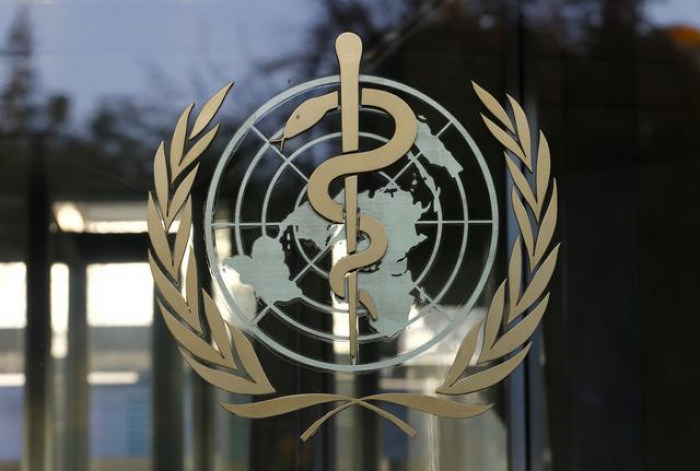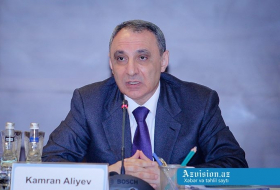China launched its emergency programme in July, having communicated with the WHO in late June, according to Zheng Zhongwei, a National Health Commission official.
Hundreds of thousands of essential workers and other limited groups of people considered at high risk of infection have been given the vaccine, even though its efficacy and safety had not been fully established as Phase 3 clinical trials were incomplete.
“At end-June, China’s State Council approved a plan of COVID-19 vaccine emergency use program,” Zheng told a news conference.
“After the approval, on June 29, we made a communication with the relevant representatives of the WHO Office in China, and obtained support and understanding from WHO,” Zheng said.
WHO’s representative in China did not immediately respond to a request for comment.
WHO chief scientist Soumya Swaminathan said in Geneva this month that national regulatory authorities could approve use of medical products within their own jurisdictions in the current emergency situation, but described that as a “temporary solution”.
The long-term solution lay in completion of Phase 3 trials, the WHO official said.
Beijing has not publicly released full details of its emergency use programme.
At least three vaccination candidates, including two developed by state-backed China National Biotec Group (CNBG) and one from Sinovac Biotech, all in Phase 3 trials overseas, are included in the emergency use programme.
A fourth experimental vaccine developed by CanSino Biologics were approved to be used in the Chinese military in June.
China’s annual production capacity of COVID-19 vaccines is expected to reach 610 million doses by end-2020 and 1 billion doses by 2021, Zheng said.
In China, the vaccine price will be affordable for the general public, Zheng added.
Reuters
More about: China
















































